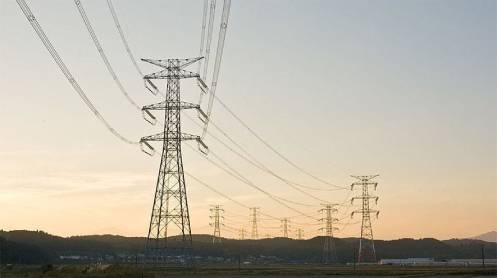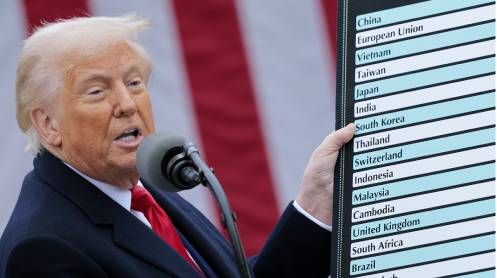ISLAMABAD: The government is finalizing a subsidy program for millions of lifeline electricity consumers nationwide through the Benazir Income Support Program (BISP). This initiative, aimed at targeting underprivileged domestic electricity consumers, will soon be presented to the Federal Cabinet for approval.
According to sources, the Power Division, in collaboration with BISP, has proposed the Electricity Subsidy Program to transform untargeted electricity subsidies into targeted ones. BISP will assist the Power Division in identifying and targeting eligible families for the subsidy.
In consultation with the Power Division, BISP is determining the eligibility criteria for identifying potential beneficiaries. The Power Division will specify the number of unique subsidies to be provided, and BISP will screen families from its database that have reported having electric connections, starting from PMT and continuing until a cut-off score is reached.
BISP will continue registering families not currently in its registry through 647 Dynamic Registration Centres (DRCs) established across Pakistan. The Power Division will coordinate with the State Bank of Pakistan (SBP) to onboard financial institutions for subsidy implementation and payment processing, including coordination with Pakistan Post, commercial banks, and mobile banking platforms.
Once the eligible families are identified, the Power Division will dispatch SMS messages informing them about their nomination for the subsidy program. Consumers will visit the bank with the generated bill to claim the subsidized payment, which will be processed after biometric verification.
The Power Division will conduct a risk assessment of the subsidy design and ensure safeguards against potential risks. Financial institutions and the Power Division will agree on the periodic reconciliation of the collected subsidized bills to ensure smooth implementation of the program.
This initiative aims to provide financial relief to underprivileged families, ensuring that electricity subsidies reach those who need them most.
Story by Mushtaq Ghumman





